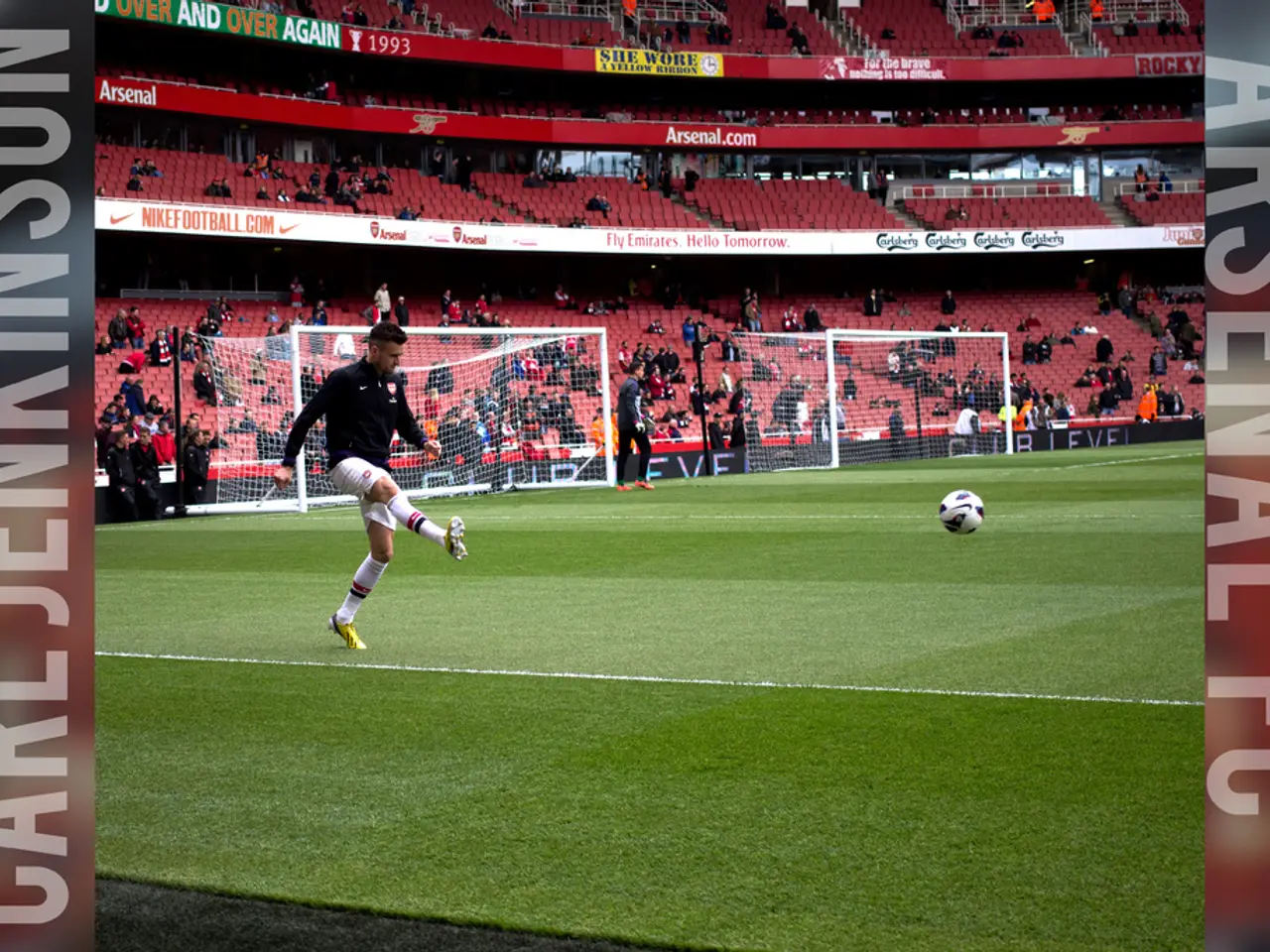It's a Raunchy Mess in the Bundestag: Intelligence Oversight Crippled
Without representation from the Alternative for Germany (AfD) and Left parties, Germany's intelligence body proceeds with its operations.
The Bundestag's Intelligence Oversight Committee finds itself in a pickle. Only one opposition member, Green's Konstantin von Notz, will have a seat, with big-name players like Heidi Reichinnek from the Left Party and AfD's Martin Hess and Gerold Otten failing to secure election. The committee is now a joke, with just six lawmakers left. Let's take a look at the carnage.
Secrets and Shadows
The Intelligence Oversight Committee is tasked with keeping tabs on the nation's spies and peeping toms, operating in a soundproof, secret-filled room and dealing with sensitive information. Elected members are voted in by their respective parties and then approved by the Bundestag.
Left's Threat and the Union's Power Play
CSU leader Alexander Hoffmann showed reservations about Reichinnek, while some SPD politicos believed she might still be elected. The Left Party hinted they might link the election to other votes. Søren Pellmann, Reichinnek's co-lead, didn't mince words after the results were announced: "We'll see how the Union secures two-thirds majorities without the Left."
Reichinnek received 260 yes votes, 258 no votes, 27 abstentions, and 42 invalid votes, according to Andrea Lindholz, Bundestag's deputy speaker. Hess and Otten garnered 127 and 121 yes votes, respectively. The AfD has been out of the committee for years, last represented during the party's maiden Bundestag term by Roman Reusch.
With committee membership reduced from 13 to 9, the hoopla around Reichinnek, Hess, and Otten not making the cut leaves us with just six lawmakers. The CDU's Marc Henrichmann will chair the committee.
The Left's Quick Fix
Clara Bünger, the Left's interior policy spokeswoman, slammed the small committee: "A democratic opposition is needed for control," and a single Green MP isn't enough. Konstantin von Notz, the re-elected Green representative, wants the Left to step up and propose a quick alternative. He worries about the committee's decision-making and working capabilities, especially in turbulent times.
Warnings from the Greens
Politicians from the Greens have been vocal, warning about potential decision-making deficits. The Greens were the only faction to abstain in the vote to establish the committee. Unlike regular Bundestag committees, the Intelligence Oversight Committee doesn't need to wait for elections to reconvene and can continue with former members, such as FDP's Konstantin Kuhle and Alexander Müller, despite their party failing to clear the five-percent hurdle in the February election.
Party Polarization and Intelligence Oversight
The small committee size and party exclusions paint a bleak picture for comprehensive oversight. The lack of participants from a wide political spectrum could lead to narrow scrutiny of intelligence activities, increasing partisan dominance, and reducing transparency and accountability. Moreover, committees in other parliamentary systems often prioritize minority participation to ensure balanced representation and effective oversight.
In short, the Intelligence Oversight Committee's diminished membership and lack of representation from crucial parties foster a troubling narrowing of political oversight and debate, vulnerable to partisan gaming and distorted decision-making, which in turns weakens democratic control of the nation's spies[2][3]. And that's just a catastrophic clusterf*ck, folks!
- The reduction in the Intelligence Oversight Committee's membership, with the exclusion of key parties like the Left and AfD, raises concerns about the general news and policy-and-legislation implications, as comprehensive oversight of intelligence activities seems likely to be compromised due to reduced transparency and accountability.
- The politics surrounding the election to the Intelligence Oversight Committee has highlighted a concerning increase in partisan dominance, placing scrutiny of intelligence activities at risk and potentially undermining the committee's ability to effectively oversee policy-and-legislation related to national security, as well as ensuring a balance of opinions from various political perspectives.







